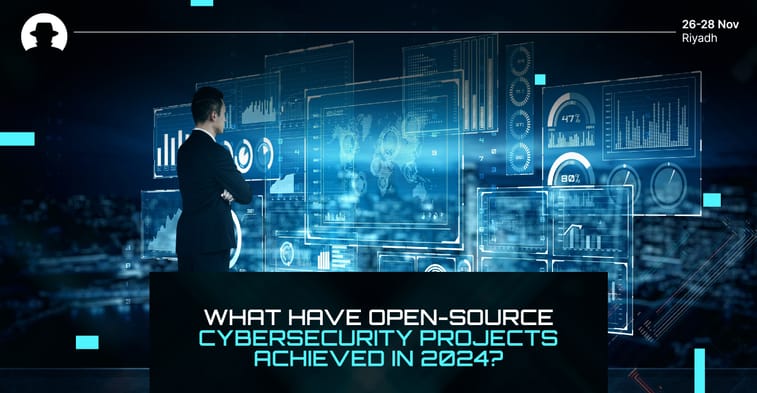
When privacy creates blind spots: the exploitation of privacy-first tech
New research reveals how privacy-first technologies are creating fraud blind spots, as AI-driven attacks scale faster than detection capabilities.
Read More
Open-source cybersecurity projects offer a powerful route to improving global security through collective effort. Involving diverse communities of developers and security experts, codes can be comprehensively reviewed, tested, and improved – and this enables robust security solutions that take into account a wide range of technological and human vulnerabilities.
When we interviewed Paulino Calderon (Co-Founder at Websec), he said:
“The amount of experience and knowledge we can gain if the information is freely available is mind-blowing. Mainly because when I started learning about cybersecurity, the information was mostly shared in small circles. Together, we can make significant strides toward a future where technology serves as a bridge rather than a barrier, connecting us in our shared pursuit of progress.”
Today, we’re looking at some of the notable achievements and trends in open-source cybersecurity projects this year.
A growing number of open-source cybersecurity projects are focusing on AI-driven threat detection systems, in response to the surge in AI-powered cyberattacks. These new threat detection systems leverage AI models to analyse network data, identify patterns and detect anomalies, and use that information to alert users to potential security breaches. The use of AI is increasing the speed and accuracy of threat detection tools – and reducing the number of false positives.
Because advancements in quantum computing are increasing the potential of quantum-powered decryption techniques that can break existing encryption methods, open-source projects are working to secure encrypted data by integrating quantum-resistant algorithms. Working together, security practitioners are taking a proactive approach to the emergence of quantum computers in order to protect both past and future data from quantum threats.
Open-source security projects have conventionally had a grass-roots feel to them; driven by communities of cybersecurity professionals, with varying skill levels, who are committed to sharing their research and learning together. Now, government bodies (including in the US and the European Union) are taking steps to formalise open-source security.
Measures include executive orders, regulations, and cybersecurity initiatives that require open-source components in software to meet stricter security requirements. While this has the potential to increase the efficacy of open-source components, it’s also increasing the scrutiny of open-source security practices; and it’s important to find a balance that ensures open-source projects can maintain their creative, innovative, community-powered approach to problem-solving.
Across open-source software projects, there’s an increasing movement towards a security-first approach – meaning that open-source projects are integrating security measures right from the start, instead of tagging security on as an afterthought. This is a very positive step towards more secure open-source software for use across industries; because it reduces the risk of in-built vulnerabilities, and fosters a security-aware culture within the broader open-source community.
BunkerWeb, for example, is an open-source Web Application Firewall that provides a fully auditable core code, and protects against a range of web-based attacks. Integrating open source tools like this at the early stage of developing a web application decreases the risk of exploitation via an increasing number of web application vulnerabilities.
Calderon added, “I genuinely believe in the power behind the democratisation of knowledge.”
“I joined a program sponsored by Google that gave funds to open-source projects,” he said, “and the infamous port/service scanner Nmap took me under its wing. I learned much from collaborating with people worldwide and sharing contributions with millions of users.”
As we move forwards into the era of AI-powered threats and quantum risk, open-source security collaborations will become increasingly important. Knowledge-sharing is essential for a robust cybersecurity ecosystem, and open-source projects offer a vital opportunity to co-developing solutions to solve the most urgent security challenges worldwide.
Join us at Black Hat MEA 2024 and discover how to improve your organisation’s cyber resilience.
Join the newsletter to receive the latest updates in your inbox.

New research reveals how privacy-first technologies are creating fraud blind spots, as AI-driven attacks scale faster than detection capabilities.
Read More
Cybersecurity founders share how Black Hat MEA helps them test ideas, prove product value, and grow their business.
Read More
Cybersecurity is now a leading barrier to financial innovation. New research explains why fraud, legacy systems and risk are slowing payments progress.
Read More